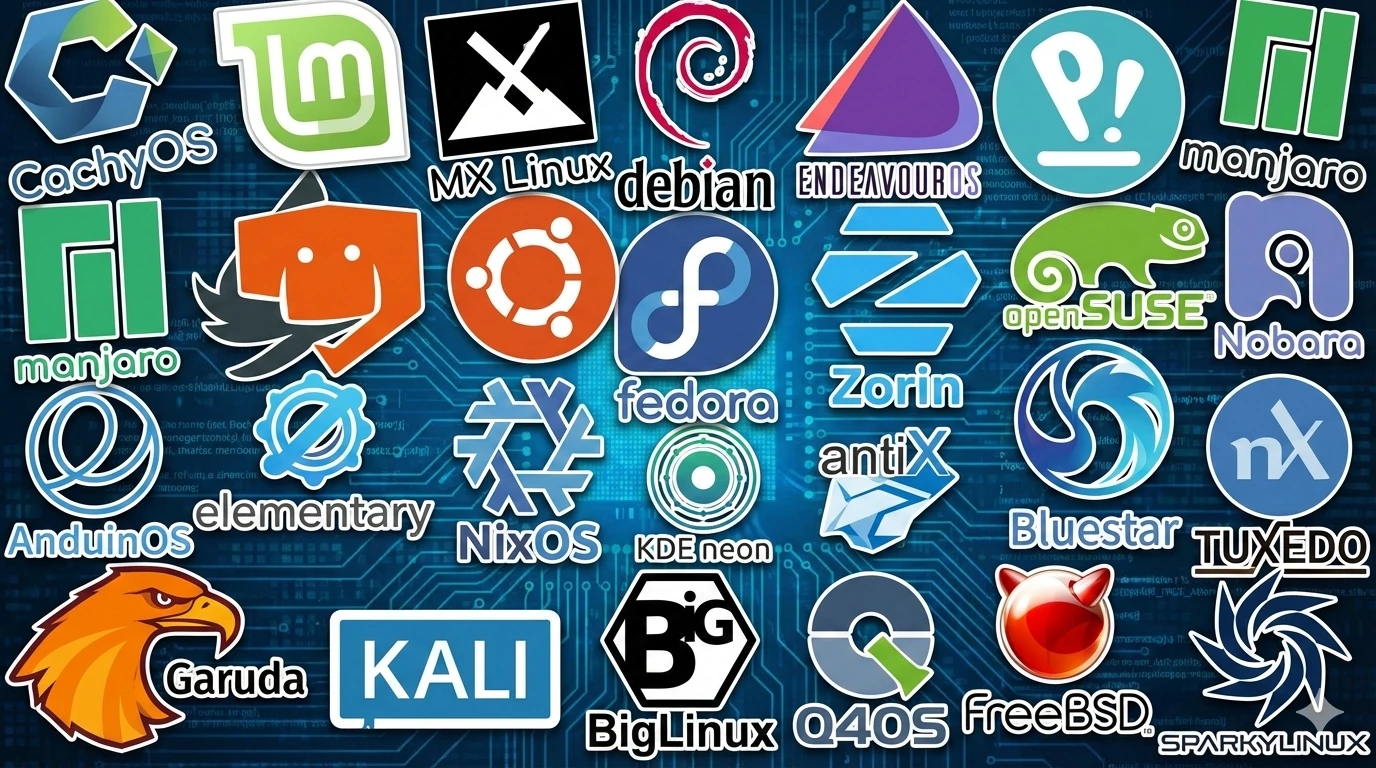When you use a computer, you interact with various applications like web browsers, word processors, or games. But behind the scenes, there’s a critical component that makes everything work smoothly: the operating system. One of the most important parts of an operating system is called the kernel, and today, we’ll dive into understanding the Linux kernel in a simple and easy-to-understand way.
What is a Kernel?
Think of the kernel as the core of your computer’s operating system. It acts as a bridge between the computer’s hardware (like the CPU, memory, and hard drives) and the software applications you use every day. The kernel manages these resources and ensures that everything works together harmoniously.
Why the Linux Kernel?
The Linux kernel is a special kind of kernel that is part of the Linux operating system. Linux is an open-source operating system, which means that its source code is freely available for anyone to view, modify, and distribute. This openness has led to Linux being used in a wide variety of devices, from smartphones to supercomputers, and even in your home router or smart TV.
How Does the Linux Kernel Work?
- Resource Management:
- The kernel manages all the hardware resources of your computer. This includes the CPU (the brain of the computer), memory (RAM), storage devices (like hard drives and SSDs), and peripheral devices (like printers and keyboards).
- It allocates resources to various programs running on your computer and ensures that each program gets what it needs without interfering with others.
- Process Management:
- The kernel controls the execution of programs. It decides which program runs at any given time and handles the switching between different programs to make sure everything runs smoothly.
- This is crucial for multitasking, where you can listen to music, browse the web, and write a document all at the same time.
- Memory Management:
- The kernel keeps track of all the memory in your system and allocates it to programs as needed. It also ensures that each program has its own space in memory, preventing them from interfering with each other.
- Device Drivers:
- The kernel includes device drivers, which are special programs that allow the operating system to communicate with hardware devices. For example, there are drivers for your graphics card, sound card, and network card.
- These drivers translate the general instructions from the operating system into specific commands that the hardware can understand.
- File System Management:
- The kernel manages how data is stored and retrieved on your storage devices. It organizes data into files and directories, making it easy for you to access and manage your data.
Why is the Linux Kernel Important?
The Linux kernel is at the heart of millions of devices around the world. Here are a few reasons why it’s so important:
- Stability and Security: The Linux kernel is known for its stability and security. It is less prone to crashes and vulnerabilities compared to some other operating systems.
- Flexibility: Because it is open-source, developers can modify and optimize the Linux kernel for specific needs, making it incredibly versatile.
- Community Support: A large community of developers continuously works on improving the Linux kernel, ensuring it stays up-to-date with the latest technological advancements.
Real-World Examples of the Linux Kernel in Action
- Smartphones: If you use an Android phone, you’re using a device powered by the Linux kernel. Android’s operating system is built on top of the Linux kernel.
- Servers: Many of the world’s servers, which host websites and manage data for companies, run on Linux because of its reliability and efficiency.
- Supercomputers: The majority of the world’s supercomputers use the Linux kernel due to its ability to handle complex and resource-intensive tasks.
Conclusion
The Linux kernel might be an invisible part of your daily tech interactions, but it’s incredibly powerful and essential for the smooth operation of countless devices and systems worldwide. By managing the resources and providing a stable foundation for applications to run, the Linux kernel plays a crucial role in the digital world. Whether you’re sending an email, browsing the web, or even making a call on your smartphone, the Linux kernel is hard at work behind the scenes, ensuring everything runs smoothly.
Top Irish Linux Distros in 2026
When people say “Irish Linux distros”, they usually mean systems that are developed or headquartered…
The 25 Most Popular Linux Distributions of 2025: A Complete Guide
*An expert overview of the top-ranked Linux distros based on DistroWatch’s latest 12-month ran…
Is Gentoo Linux user friendly enough once it’s fully set?
Short answer: once Gentoo Linux is installed and configured, it can be perfectly “user-friendly” to …


